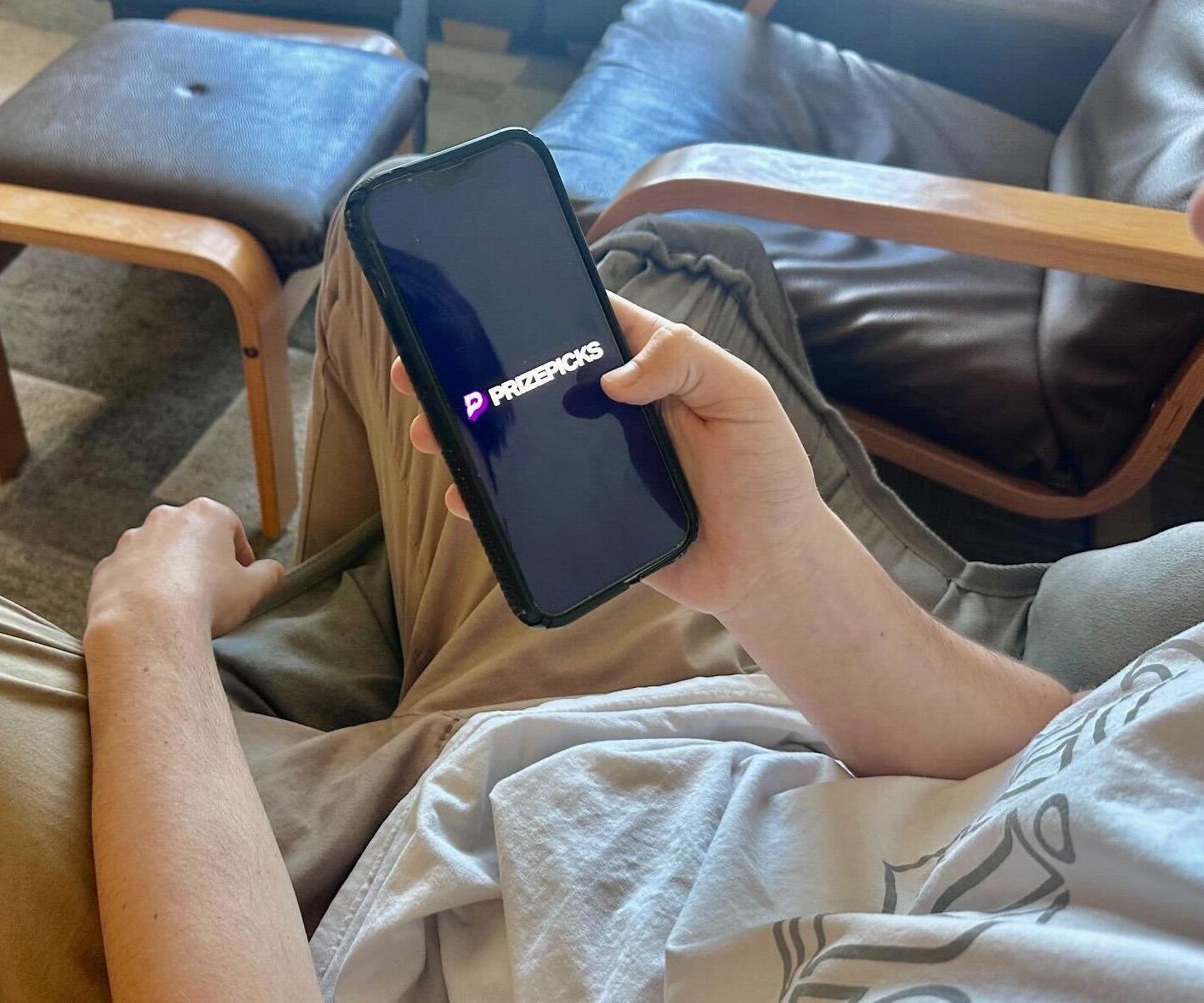Gambling
The steep societal cost of sports gambling – The Times-Delphic

In 1992, the Professional and Amateur Sports Protection Act (PASPA) was passed, rendering sports gambling federally illegal, and for 26 years, this decision was law of the land when it came to the industry. There were, of course, billions of dollars being generated via illegal black markets for the practice, but in general, it was widely frowned upon by the American public.
In 2018, the Supreme Court took on a case dealing with PASPA and, after months of deliberation, came to the decision that it was unconstitutional in a 6-3 majority decision. This ruling essentially meant that sports gambling was no longer federally illegal; therefore, each state had the power to make its own decision on the issue, similar to the current state of marijuana legalization in the U.S.
Fast-forward to today. A total of 38 states, including Iowa, have made the practice completely legal for those above the age of 21, with most, if not all, of the rest expected to join within the next decade. Unfortunately for American society as a whole, this legalization has come at a great social cost to the country.
The logical reasoning behind sports gambling’s legalization is sound; it is the same argument applied to legal gambling as a whole. People are going to gamble, the argument goes: it is impossible to prevent black markets for gambling from developing. Furthermore, if sports gambling was legalized, it could be taxed, creating a massive cash infusion to states, which in turn allows the promotion of projects designed to create positive societal changes such as school construction or youth recreation programs.
The reality, of course, is not that simple; money does not flow in such simple ways. According to an article in The Ringer, Douglas Berman, a professor of law at Ohio State University, argued that the amount of money sports gambling makes for these positive societal changes is dwarfed by the amount it makes for billionaires who are already in possession of casinos and sports teams.
Furthermore, this legalization is taking a massive toll on the mental and physical health of countless Americans. What the argument that “people are going to gamble anyways” fails to account for is the innumerable number of people who are first exposed to sports gambling, many of which never would have been otherwise, creating a new more widespread generation of gambling addicts.
This exposure is primarily due to two factors: advertisement and ease of access. Making a sports bet today is as easy as downloading an app and pressing a few buttons. You could do it in class. You could do it in bed. There are even accounts, chronicled on CBS News, of college students making sports bets in the shower.
In the field of gambling psychology, there is a principle that the closer someone lives to a casino, the higher their risk of developing a gambling addiction. In today’s day and age, if you have a mobile phone with an app store, you have a casino a few simple taps away.
The mass advertisement of sports gambling exponentially compounds the problems created by this ease of access. Odds are, if you’ve turned on a TV in the past year, you’ve seen a sports gambling advertisement. FanDuel, DraftKings, BetMGM, Caesar’s Sportsbook, Bet365 — advertisements for these companies are on every channel, every day.
Sports gambling has even become a staple of some pregame shows for the league itself. “Inside the NBA” on TNT, for example, has regular segments in which their analysts reveal their bets for the upcoming game.
These two factors in combination have skyrocketed the levels of gambling addiction in American society. According to USA Today, the annual total revenue of legal sportsbooks has increased by an average of 22% year-over-year since legalization. This demonstrates a consistent increase in the amount of people gambling on sports.
Meanwhile, the Gambling Helpline Network reported receiving over 270,000 calls in 2022 nationwide, a 45% increase from the previous year. This demonstrates that the consistent increase in the amount of people gambling on sports has a direct correlation to an increase in gambling addiction nationwide.
In summary, the benefits that legal sports gambling provides for society are far outstripped by the societal cost with which they are accompanied. However, considering the sheer amount of money the industry makes, unless something drastic shifts, it seems to be here for the long run. For better, but more likely, for worse.








